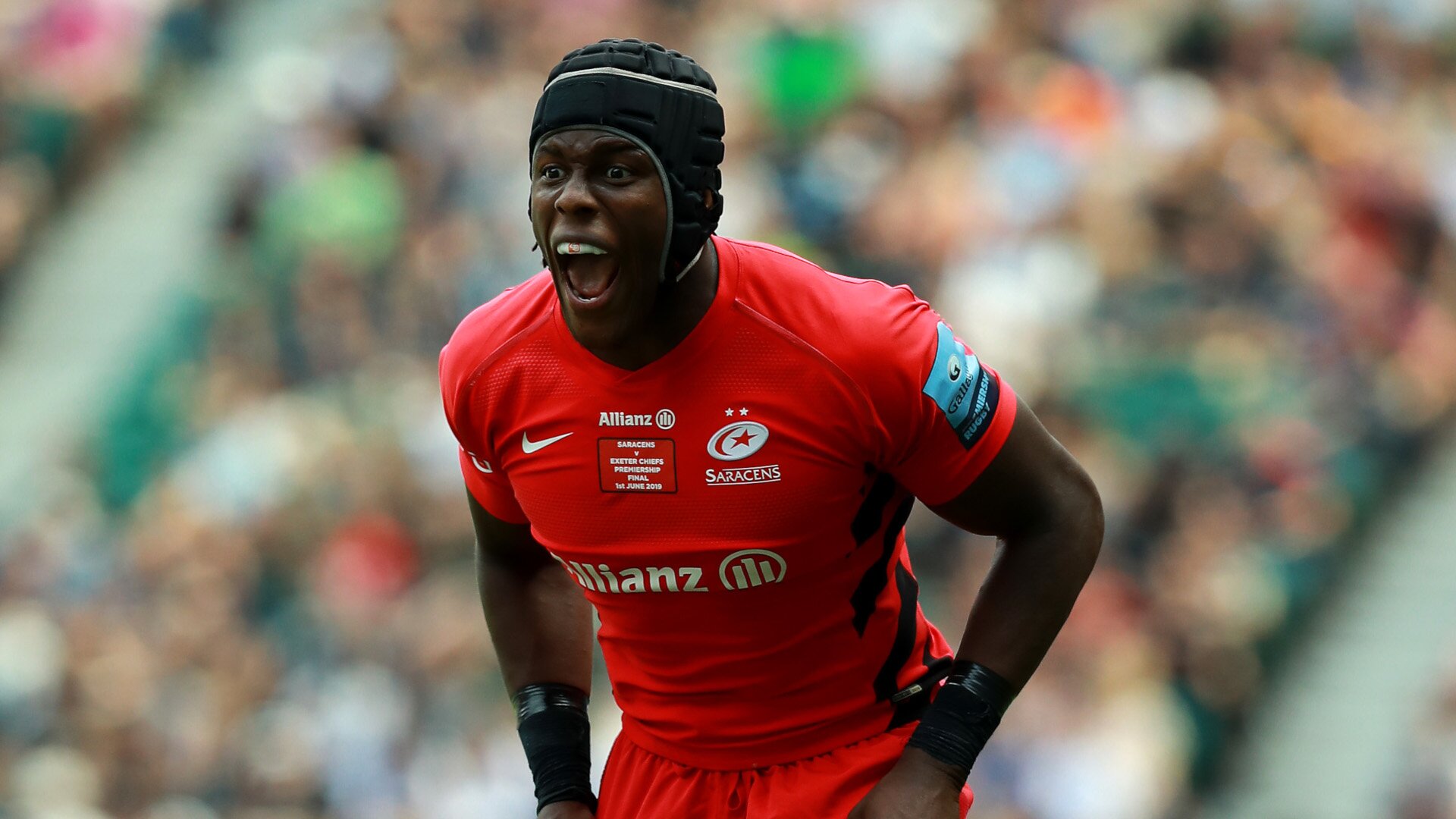Damning 103-page report reveals the extent of Saracens' salary cap breaches

After outcry from rugby fans and professionals alike, the content of the comprehensive report outlining Saracens’ salary cap breaches has finally been revealed.
Saracens, who were fined £5.3m for going over the £7m Guinness Premiership salary ceiling for the 2019/2020 season were also deducted 35 competition points in November, which effectively ruled them out of playoff contention for the current year. Things went from bad to worse for the current champions earlier this month when it was revealed that the club would, in fact, be automatically relegated at the end of the season – regardless of their final points tally.
The exact breaches committed by the club have been shrouded in secrecy, but Sky News has now revealed the various misdemeanours that will ultimately lead to the Saracens playing in England’s second-tier Championship next season.
A 103-page report was prepared to outline the disciplinary process, including all the various considerations of the decision-making panel, chaired by former British judge Lord Dyson.
The panel ultimately agreed that automatic relegation would be too comprehensive a punishment for the club.
Continue reading below…
“We accept that the breaches were not deliberate, but in our view they were reckless,” the report said. “We consider that to impose a deduction of 70 points in one salary cap year is disproportionate and is not required to satisfy the underlying purpose of the relegations.”
Regardless of the panel’s ultimate findings, questions must be raised concerning the competency or the honesty of Saracens’ management.
Although direct salaries paid to players did not breach the club’s spending cap, various other payments were made to benefit players, which the panel have found should count towards the cap.
The £7m cap was breached in three consecutive seasons, from 2016-17 until 2018-19. Over those three seasons, Saracens won two Premiership titles and two European titles.
The biggest contributors to the breach concerned star players Maro Itoje, Chris Ashton, and Mako and Billy Vunipola.
Could a season (or two) in the Championship actually benefit @Saracens internationals, or is Mark McCall just trying to convince his own men to stay put?https://t.co/MsKfvrCnq1 #PremiershipRugby
— RugbyPass (@RugbyPass) January 22, 2020
Club chairman Nigel Wray, who resigned amidst the controversy earlier this month after first investing in the club in the mid 90’s, was found to have made payments totalling over £1m by entering into a range of joint ventures with players.
Wray also offered interest-free loans to the Vunipola brothers for the purchase and renovation of a home.
Lock Itoje was made a number of not-so-insignificant payments by a hospitality company based at Saracens – ostensibly to cover appearance fees for various events. However, the panel found that Itoje hadn’t actually made any such appearances which meant the payments were effectively simple salary benefits.
Wray and two other company directors also invested in an image rights company owned by Itoje. This, in of itself, would not have amounted to a breach, except for the fact that panel found the directors had paid £1.6m for shares valued at only half that amount.
https://www.instagram.com/p/B7nNkNTF0pv/
Premiership Rugby asserted the benefits received by Itoje were made to compensate for his below-average salary in order to allow the club to come in under the salary cap.
With breaches totalling over £2m over the three seasons, Premiership Rugby have made the decision to relegate the club, despite the final comments of the panel.
Those comments are likely exactly why Saracens were happy for the report to be published, despite initial suggestions that the club wanted the report kept under wraps.
That being said, the suggestion that breaches were “not deliberate” brings into question the competency of Saracens’ management. A sensible director would not be comfortable significantly overspending on investments.
Explosive radio interview illustrates how the Saracens saga hasn't ended with last Saturday's automatic relegation https://t.co/IL6MK9Ta3X
— RugbyPass (@RugbyPass) January 21, 2020
Of course, the alternative – that Saracens knew exactly what they were doing – would be just as damning for the club’s reputation.
One factor the report does make clear is that no players are believed to have been complicit in the club’s actions – but that raises questions regarding why a global superstar such as Maro Itoje would be happy to receive a below-market pay-packet.
All in all, the report sheds light over the exact ‘mistakes’ made by Saracens management that have ultimately seen the club consigned to spending next season in the second tier.
Whatever way you look at it, Saracens won two England titles using a squad that no team would be able to assemble without breaching competition rules – intentionally or otherwise.
WATCH: Saracens Director of Rugby, Mark McCall, has confirmed that the club won’t be able to retain all their talent next season.
















